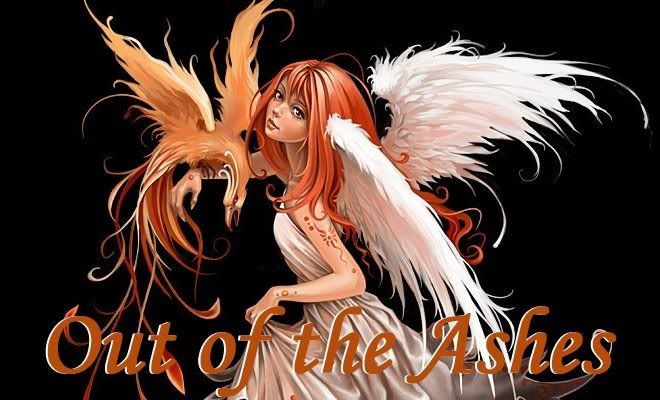My mom and I have been having a Lord of the Rings marathon the past two days. Well, I say marathon. We watched half of Fellowship last night, and the other half tonight. She can’t stay up too late, so we’re taking it very slow. In any case, I’ve been enjoying it immensely. You forget how much you love these movies, how magical they are… I’ve decided I want the hobbit party music played at my wedding reception. Insert smiley face here.
In any case, tonight we were watching the scenes in Moria, which is one of my favorite segments in the movie. The drums have started, the orcs are coming, and they have a cave troll. Aragorn shouts for the hobbits to get back and to stay close to Gandalf. As I watched that, I suddenly had a supremely idiotic thought: “Why in the world are there are four little hobbits in the Fellowship? Frodo, yeah, he’s the ring-bearer. But still, not only do Aragorn, Legolas, Gimli and Gandalf have to help Frodo, they somehow have to keep the other hobbits safe as well. That’s just kind of dumb.” Despite this difficulty, we never see a glimmer of indignation from the other members of the fellowship—not even Boromir seems annoyed. He’s more mother hennish towards the hobbits than anything. Of course, there is the inevitable humor that comes when you find yourself considering this hardened, tempted man of the South to be anything like a mother hen.
However, I think for the first time, I had to think consciously through the reasons why Tolkien as an author put the hobbits into the tale at all. Always before, I just kind of accepted their presence without question. They were there, it was cool, let’s get on with the show, and show me some more Legolas stunts. When you analyze the situation, though, these bewildering questions seem superfluous at best. (I love that word.)
The reason seems obvious, I suppose, but having the hobbits present really was a stroke of brilliance. The audience can identify the best with Merry, Pippin, Sam and Frodo. We’re fond of Aragorn, love Gandalf as a father, respect Legolas, and laugh with Gimli, but these characters are all too aware of what is going on around them. They’re capable of taking care of business, yes, but they’re too savvy of the world. In the hobbits, the audience can hear their questions given a voice, and are taught how to survive in this strange new world through the hobbits’ experiences. They need a completely different set of skills in this realm that is so different from the comfortable and simple Shire.
There’s another reason, though, one that I think is a little less obvious. Gosh, I feel like an idiot for having never thought this through before—Mr. Walker must be getting through to me. The reason is as follows: I believe Tolkien was trying to prove the old Biblical adage that a person will never be given more to carry than he can bear. The hobbits were taken away from everything they knew, and they found it very difficult at first. Sam’s line when he and Frodo first left home is especially poignant: “Everywhere I lie there’s another dirty gray root pokin’ into my back. I’ll never be able to sleep out here.” There would come a time when Sam would have loved a quiet piece of ground to snuggle up against; he went without sleep, food and water for days on end with Frodo in Mordor. He never would have believed himself capable of such hardship…or such bravery. Sam always had the nobility of character required to be a hero, he’d just never had a chance to access his own strength when he was living as a simple gardener in the Shire.
All of the hobbits went through similar transformations. Elrond himself foresaw this possibility when he said, “This is the hour of the Shire-folk, when they arise from their quiet fields, to shake the towers and counsels of the Great. Who of all the Wise could have foreseen it?” When Frodo realizes that he must continue on the journey alone, he smacks the tears from his cheeks and sets off. He doesn’t have a clue what he’s doing or where he’s going, but he knows that it has to be done. That, my friends, is true courage that only a few people had seen in him before. That, my friends, is faith. It is in the hobbits that we fully see the journey towards fulfilling God’s purposes for us. It is in the hobbits that the audience can understand the true nature of courage and capability. It is in the hobbits that the real story lies.
Let us celebrate a simple life.
6 years ago




3 comments:
The Hobbits were indeed anachronistic: they were out of place in Middle-Earth. They were Victorian Englishman in a Middle Ages world. Tolkien was giving the average Englishman (and reader) someone to relate to, someone small compared to the other characters, small yet somehow still capable of heroics.
Here's to mundane pleasures! Smiles from the ladies, the help of friends, good songs, warm fires, and cold pints of whatever you love!
Ahhh...I love the hobbits!! I think you would be Sam, loyal and true, and I would be Pippin, blissfully airheaded. :)
Post a Comment